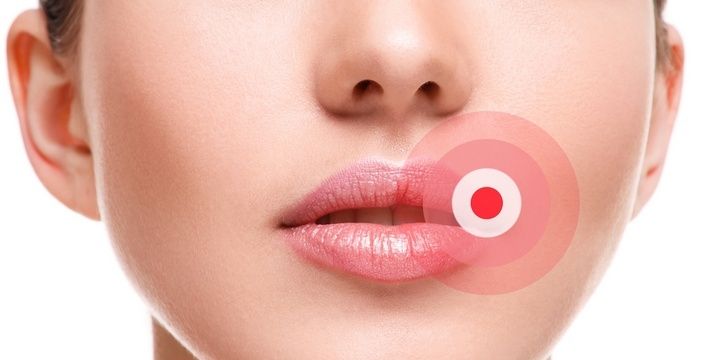5. Moles on Skin
One of the most common types of growth on the human skin is moles. Moles are dark. Their shade and size may vary. These spots are caused by pigmented cells. Moles mostly develop during adolescence or even childhood. An average person has between 10 and 50 moles. People sometimes notice that their moles disappear as they age. In some instances moles indicate that the person has health problems, such as skin cancer. In order to make sure that your moles are not dangerous you should see a dermatologist and regularly check your moles out.


